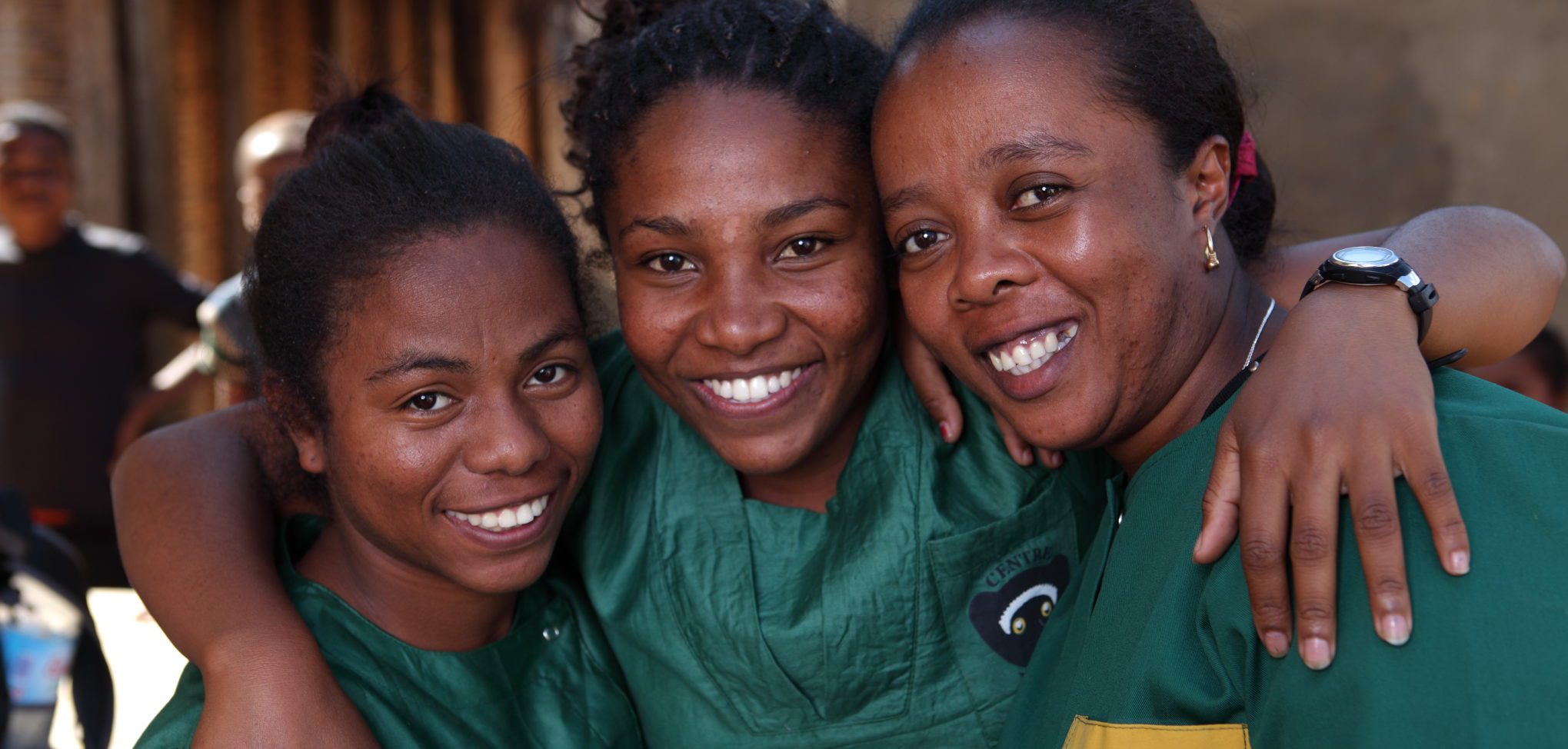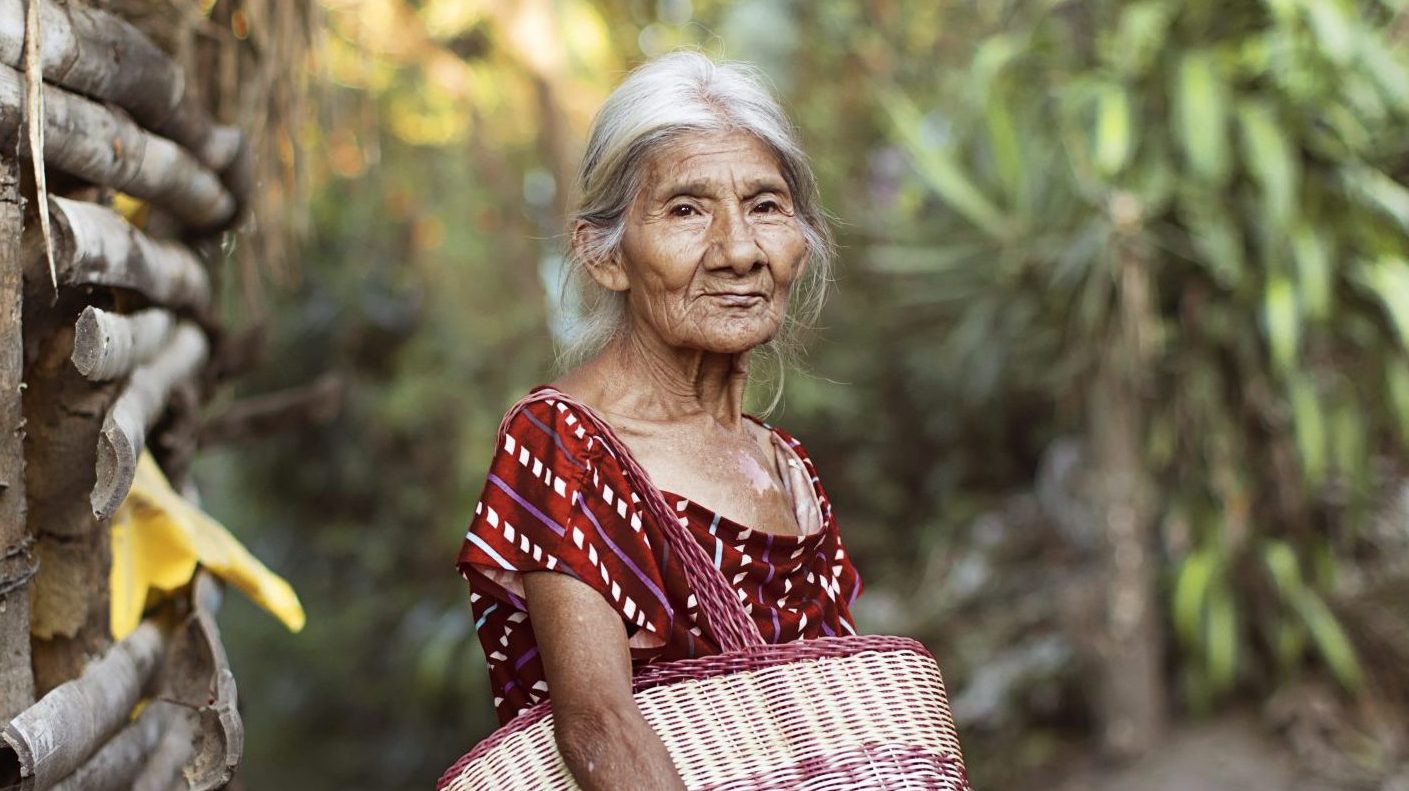A UNGA special side event
Unlocking the potential for collective impact: Finding the hidden benefits of partnering for noncommunicable diseases
REGISTRATIONS CLOSED
There has been a universal call for greater collective action in pursuit of the UN SDGs. Yet, how do we know if our collective efforts are leading to collective impact? What metrics should be used? How do we demonstrate results? Can we clearly link cause and effect?
In partnership with RTI International, Access Accelerated and our partners, City Cancer Challenge, NCD Alliance, PATH, World Bank and the World Heart Federation, this special UNGA side event will explore models of measuring collective impact and share experiences and insights from six years of collective action tackling NCDs.
For more information, please contact secretariat@accessaccelerated.org.
EVENT DETAILS
Date:
September 22, 2022
Time:
6pm – 7.30pm, followed by a cocktail reception
Location:
Harvard Club of New York City
35 W 44th St, New York, NY 10036
Google Map
AGENDA
WELCOME
Martin Bernhardt, Director, Access Accelerated
Rachel Nugent, Vice President, Global Noncommunicable Diseases, RTI International,
KEYNOTE
Looking back at progress made to date on measuring collective action in the field of NCDs
Kyle Peterson, Co-founder and Managing Director, Boldly Go Philanthropy
DIALOGUE
A panel discussion exploring:
- How does measuring individual action differ from measuring collective action?
- How can measuring partner activities inform and shape opportunities for collective action?
- To what medium- and long-term impacts can collective action on NCDs lead?
- What collective goals help us articulate and measure progress achieved through partnered approaches?
Facilitated by: Prof. Liesl Zühlke, Paediatric Cardiologist, University of Cape Town and Vice President, Medical Research Council of South Africa
Dialogue participants:
- Dr Emília De Castro Monteiro
Focal Point, World Health Organization PEN
Diabetes Program Coordinator, Ministry of Health Cabo Verde - Dr Jemima Kamano
Physician, lecturer and researcher in Moi University School of Medicine, Kenya - Dr Alicia Pomata
Director, National Cancer Control Program, Instituto Nacional del Cancer, Paraguay
ROUNDTABLE DISCUSSION
- What are the key barriers to measuring collective action? How to overcome these barriers?
- What are good examples of successful collaborative approaches? Are there key lessons on how collective impact has been tracked, measured and driven?
- What are the key elements to ensure sustainability of collective action? How can M&E help drive sustainability and scale?
- How should architectures of collaborative and coordinated action be designed to achieve collective impact?
RESPONSE AND REFLECTIONS
Juan Pablo Uribe, MD, Global Director, Health, Nutrition & Population and the Global Financing Facility, World Bank
WRAP UP FOLLOWED BY COCKTAIL RECEPTION
SPEAKERS
 Event moderator: Martin Bernhardt
Event moderator: Martin Bernhardt
Director, Access Accelerated
Martin is the Director of Access Accelerated, where he leads overall strategy and implementation for this multi-year initiative. Martin is also a lecturer at the School of Pharmaceutical Sciences, Geneva University, teaching Health Economics and Politics. He is an Economist and Social Scientist by training, with specialization in Pharmacoeconomics. Martin has 20+ years of experience in the pharmaceutical industry, where he held different responsibilities in market access and public affairs. Until 2021 he was Head of Public Affairs Global Health in a major biopharmaceutical company, leading relations with the World Health Organization, the Global Fund, and other global institutions. Before joining the pharmaceutical industry, he led research in Health Systems Science at the Laboratory of Applied Economics, Geneva University.
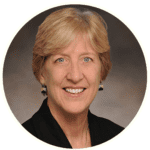 Event moderator: Dr Rachel Nugent
Event moderator: Dr Rachel Nugent
Vice President for Global Noncommunicable Diseases, RTI International
Rachel is Vice President for Global Noncommunicable Diseases at RTI International. She has more than 30 years of experience in global development as a researcher, practitioner, and policy advisor to governments. She leads a team charged with providing policy analysis, implementation, and evaluation of cost-effective strategies to prevent and control global noncommunicable diseases. Dr. Nugent is a member of the Lancet Commission on Noncommunicable Diseases and Injuries of the Poorest Billion, the U.S. Institute of Medicine Committee on Economic Evaluation, and the International Expert Group for the Global Nutrition Report. She also works with the World Health Organization Global Coordination Mechanism Working Group on Noncommunicable Disease Financing and is on the External Advisory Committee of the NCD Alliance and Children’s Heartlink.
 Keynote: Kyle Peterson
Keynote: Kyle Peterson
Co-founder and Managing Director, Boldly Go Philanthropy
Kyle Peterson is the Co-Founder and Managing Partner at Boldly Go Philanthropy, a philanthropic advisory firm that brings innovative strategies, practical approaches, trusted advice, and world-class programmatic support to philanthropists, foundations, corporate givers, wealth advisors, and community foundations — rigorously managing execution, navigating board and family dynamics, and powering their ability to solve social issues and address inequities.
Before launching Boldly Go Philanthropy, Kyle Peterson led all philanthropic activities on behalf of the multi-generation Walton family, including serving as the Executive Director of the Walton Family Foundation. In this role, he oversaw the transformation of one of the nation’s largest private foundations to support $600 million in annual grant making. Prior to the foundation, Kyle helped to launch, lead, and build FSG, a global consulting firm. During his tenure at FSG, Kyle led over 150 consulting engagements for foundations, companies, and nonprofits and served on FSG’s board of directors. Prior to FSG, Kyle was a country director in Zimbabwe and Rwanda for Population Services International, a consultant with Monitor Consulting, and a Peace Corps volunteer in Sierra Leone. Kyle holds an MBA from the McCombs School of Business and an MPA from the LBJ School of Public Affairs (University of Texas) and a BA in International Studies from the American University. Kyle and his wife, Maury, live in Chevy Chase, Maryland, with their teenage son, Finn.
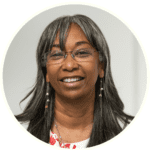 Panel Dialogue facilitator: Prof. Liesl Zühlke
Panel Dialogue facilitator: Prof. Liesl Zühlke
Paediatric Cardiologist, University of Cape Town
Vice President, Medical Research Council of South Africa
Liesl Zühlke is a pediatric cardiologist at Red Cross Children’s Hospital in Cape Town, a professor in the Department of Paediatrics and Child Health at the University of Cape Town, and Vice President of the South Africa Medical Research Council. Her research spans congenital and Rheumatic Heart Disease (RHD), HIV in adolescents, Grown-up Congenital Heart Disease and Cardiac Disease in women of childbearing age. She has edited 2 books and has received over 32,000 citations from over 150 articles that she has published in top medical journals. Professor Zühlke has also demonstrated excellence in leadership as President of the Paediatric Cardiac Society of South Africa from 2012-2016, President of the South African Heart Association from 2016-2018, President of Reach (Rheumatic Heart Disease, Evidence, Advocacy, Communication and Hope) since 2018, current board member of the World Heart Federation and NCD Alliance, and current chair of both the Paediatric and Rheumatic Heart Disease Taskforces in the Pan-African Society of Cardiology.
 Dialogue participant: Dr Emília De Castro Monteiro
Dialogue participant: Dr Emília De Castro Monteiro
Focal Point, World Health Organization PEN
Diabetes Program Coordinator, Ministry of Health Cabo Verde
Dr. Emília de Castro Monteiro is a physician specializing in disease prevention and risk reduction, Diabetes Program Coordinator at the Ministry of Health in Cabo Verde, and focal point to the WHO Package of Essential Noncommunicable Disease (PEN) interventions for primary care in the country. Dr. Monteiro has influenced national policy as a member of the Technical Support Center of the National Health Program for the Elderly, and as a member of the National Commission for the Implementation of the Framework Convention on Tobacco Control. Her specialized analysis also contributed to policy for medicines, medical devices, and technology assessments under Cabo Verde’s 2012-2016 National Health Plan. Dr. Monteiro works with Access Accelerated providing technical assistance on NCD projects in Sao Tome & Principe.
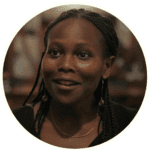 Dialogue participant: Dr Jemima Kamano
Dialogue participant: Dr Jemima Kamano
Physician, lecturer and researcher in Moi University School of Medicine, Kenya
Dr. Kamano is a practicing physician, lecturer, and researcher at Moi University School of Medicine in Eldoret, Kenya. She was the first the program-lead for the AMPATH chronic disease management program in Kenya and has served as Principal Investigator for several studies on chronic disease care and prevention. These include a study to strengthen Kenyan referral networks for hypertension management, three NIH funded cluster randomized trials on reduction of cardiovascular disease outcomes in patients with hypertension and diabetes, two World Bank funded NCD pilot projects, and a GACD funded cardiovascular disease risk reduction cluster randomized trial. She has a certificate in clinical and implementation research and completed a fellowship in behavioral randomized clinical trials.
 Dialogue participant: Dr Alicia Pomata
Dialogue participant: Dr Alicia Pomata
Director, National Cancer Control Program, Instituto Nacional del Cancer, Paraguay
Dr. Alicia Pomata is Director of the Paraguay Ministry of Health and Social Welfare’s National Cancer Control Program (PRONAC) at the National Institute of Cancer (INCAN). Pomata joined INCAN as a resident in 2008, immediately after concluding her doctorate in Medicine and Surgery at Universidad del Pacífico in Asunción, Paraguay. As Director of PRONAC, Pomata has worked closely with City Cancer Challenge to unify diverse stakeholders for the improvement of cancer prevention, detection, and care in Asunción. She is certified in epidemiology and epidemiological surveillance from the School of Public Health at the University of Chile, and in Project Planning and Implementation from Tecnológico de Monterrey in Nuevo León, Mexico.
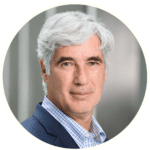 Response and reflections: Juan Pablo Uribe, MD
Response and reflections: Juan Pablo Uribe, MD
Global Director, Health, Nutrition & Population and the Global Financing Facility, World Bank
Juan Pablo Uribe, MD, is the Global Director for Health Nutrition and Population at the World Bank and Director of the Global Financing Facility for Women Children and Adolescents (GFF). Previously, Mr. Uribe was the CEO of Healthcare Providers for United Healthcare/Banmédica for Chile and Peru and served from 2018 to 2019 as Minister of Health and Social Protection of Colombia. Prior to that, he was the Director General of the Fundación Santa Fe de Bogotá, a leading organization in Colombia working in health care, health education and public health. Between 2009 and 2011, he was the World Bank´s Health Sector Manager for East Asia and the Pacific. In his career, first as a medical doctor specializing in public health and public administration, and later in both public and private sector organizations, Mr. Uribe has contributed significantly to the development of public health, health systems and public policies.
Organized by
